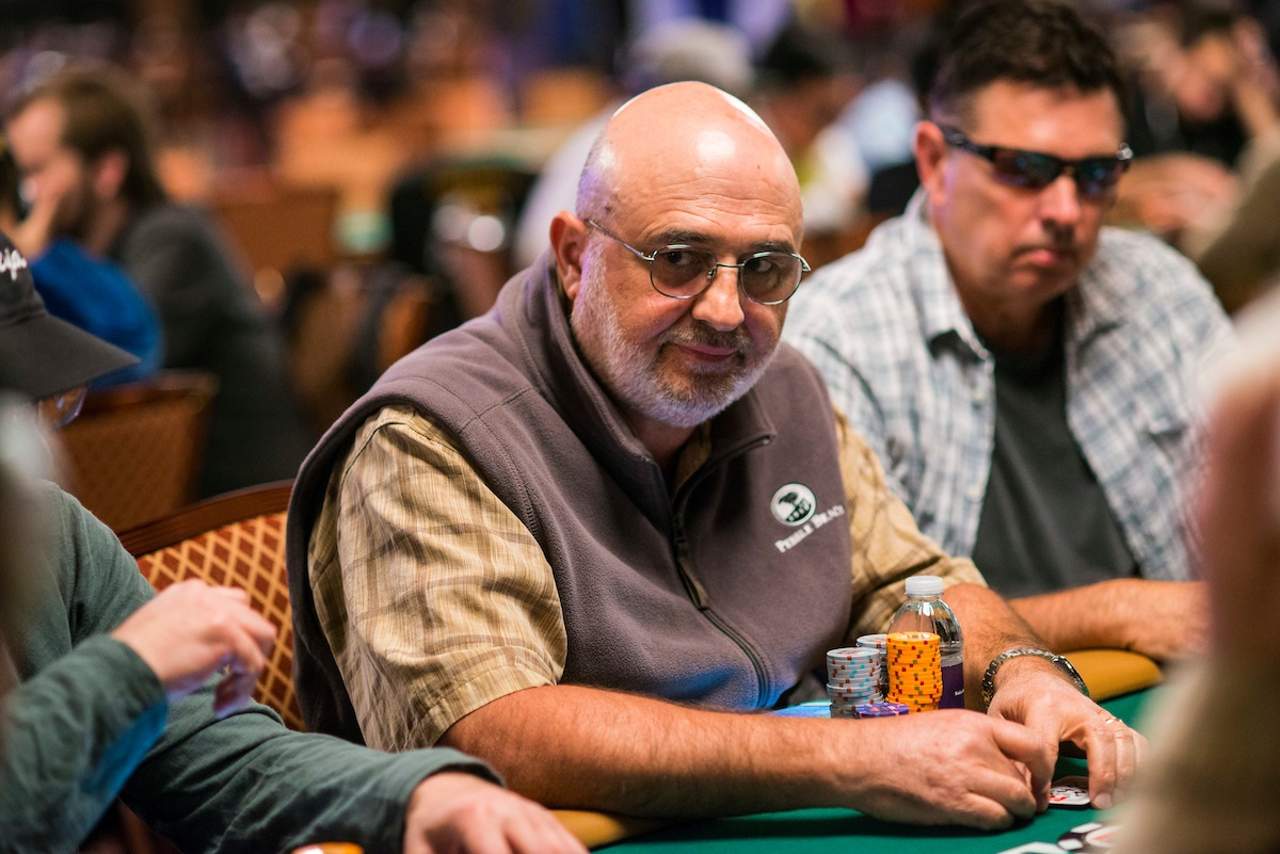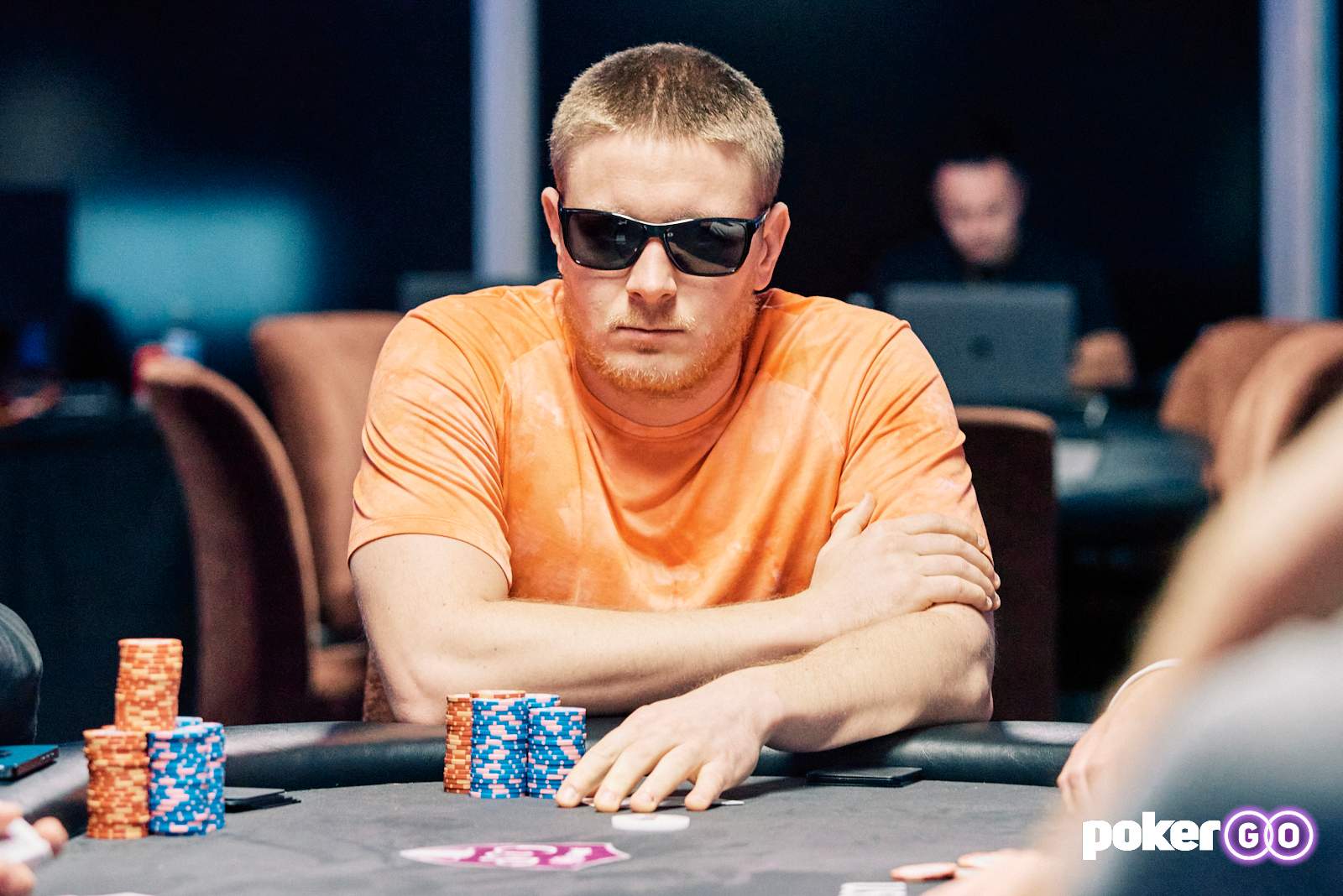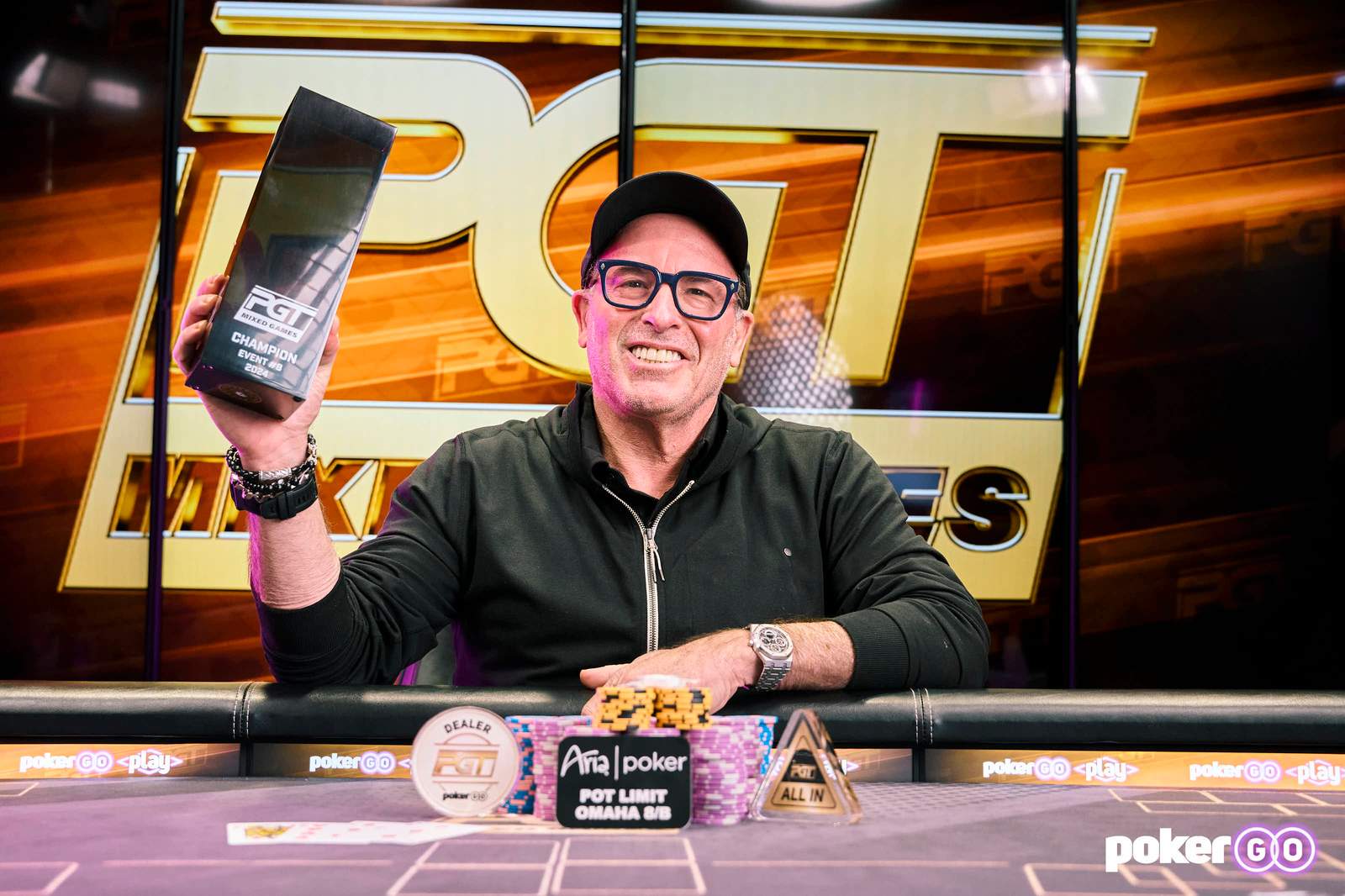
Related Articles
A normally unflappable Kara Scott powered through her presentation of Mori Eskandani’s Lifetime Achievement Award at the American Poker Awards a few weeks ago. Her voice wavered as she tried to sum up what “Uncle Mori” has accomplished in poker over his career.
Eskandani – the man behind Poker PROductions – changed how poker was filmed and broadcasted and continues to push the envelope a decade after “Poker After Dark” captured a generation of future players.
Eskandani couldn’t attend the Awards but watched the stream. “I definitely got emotional, I didn’t know how it was going to be done,” he said. “Kara was incredible, absolutely wonderful – she gave me a lot of credit that I don’t deserve. It’s always been difficult for me to respond to serious compliments like she was making – I was in awe.”
Eskandani’s Poker PROductions produced cult-favorites Poker After Dark and High Stakes Poker, which found a second life on GSN and late night syndication. Poker PROductions has been filming the World Series of Poker since 2012 and Eskandani is still working on new projects.
While most men his age are considering retirement Eskandani said, “Retirement for me, believe it or not, is three days. I get bored very, very fast.”
“I still have the passion to drive me, but I would like to cut my hours down to maybe 30 hours a week in seven or eight years,” he added. “I think that’s coming – it soon becomes a young man’s game and I still like to think I’m a young man, but when my two-year-old grandson can push me over – I’m getting old.”
He’s lovingly referred to by “Uncle Mori” among his crew, people he’s quick to assign all the credit for his company’s success – “it’s really the work of many hardworking, super talented people that I’ve been lucky enough to be surrounded by.”
Eskandani may be entering his golden years at the top of his profession, but when he was 18 and immigrating to the United States in 1974 he had a much different path in front of him.
“I was going to handle the missing portion of my dad’s import/export conglomerate that handled 16% of all the goods that came from Iran,” he said. “I was in place to handle shipping and there was a lot of goods and supplies coming over.”
A young Mori in his school years. (Photo: M. Eskandani)
“I was on this side of the pond to run a one-stop shop shipping center. We had everything – cranes, small ships, trucks, storage – but that was before the Iranian Revolution and a whole bunch of other stuff that happened.”
The Iranian revolution took place from 1978 – 79 and had the country in complete upheaval. The pro-US government was led by Mohammad Reza Shah Pahlavi and was ousted by the Islamic Republic. Grand Ayatollah Ruhollah Khomeini led the country into an Islamic state that was anti-Western culture.
The culture shock for a teenage Iranian to Southern California in the mid-70s was something Eskandani had been preparing for since he was ten-years-old. “It was a good culture shock,” he said.
“You know, from every culture you have the choice to cherry pick what suits you, for the lack of a better explanation, what we can live with – what fulfills your life,” Eskandani said. “I was alone, had no other family or friends here and I hardly spoke any English. That part was difficult.”
“But it was a journey that obviously was well worth it for me,” he added. “I wasn’t just watching the Hollywood movies, it’s where I wanted to be.”
During this time Eskandani went to college and discovered poker rooms nearby. “It wasn’t like I discovered poker here, I’d been playing since seven-years-old. I was always interested I poker. But I was playing draw poker, stripped deck poker, you know – sixes and up.”
He got his introduction to American poker with Five Card Stud. “It was fascinating,” he said. He graduated with a marketing degree and was having a tough time finding steady work.
“I worked for a couple companies that weren’t financially stable,” said Eskandani. “They would pay me one month but not the next month. In the evenings I played poker.”
“I ended up making more money playing short periods of time limit poker than my actual paycheck,” he continued. “Then one day the company closed and my wife brought up playing poker. She said, ‘Why don’t you just go out and play all day and see what happens?’”
“Believe it or not, I was encouraged by her. I didn’t have the guts to do something like that,” said Eskandani. Through the mid-80s through the 90s Eskandani cashed dozens of times on the West Coast – even picking up a win at the famed Amarillo Slim’s Superbowl of Poker Series.
The poker boom hit and Eskandani found himself at a crossroads of continuing to play poker with 20 years of success and the chance to work on the TV side of poker. Chance would have it, he had conversation with Henry Orenstein that changed poker forever.
Mori and Henry Orenstein at a WSOP final table in 2014. (Photo: PokerPhotoArchive.com)
“I would consider myself one of the very few that started thinking about poker on TV the way it’s viewed now because of my involvement with Henry,” Esknandani said. “We had a vision of what was happening at that time – as sort of documentary of the World Series of Poker, but one hour per year wasn’t a production we wanted to see.”
“Henry’s saying, ‘We can’t see the hole cards, you can’t see anything. This isn’t interesting.’ It wasn’t,” Eskandani said. “They were just recording something that happens once a year in this corner of the world where somebody would come in, be World Champion and win all this money.”
“But as far as showing so much more of the game, I’d like to think I was one of the early ones to think deeply and visualize how things would look different ways and what would be acceptable to the players,” said Eskandani. “They were putting up their own money and there’s only so much they’re willing to do.”
“It wasn’t like I was seeing something different in the game, I just had a better way of looking at it than producers on the television side,” Eskandani said. “I knew the ins and outs of the poker world.”
When Black Friday hit, the budgets for PAD and HSP disappeared as quickly and the industry took another turn in its short history. Right after, Poker PROductions stepped in and secured the production rights for the WSOP and had to evolve to survive.
Related Articles
Dream Table III Arrives on PokerGO
The Greatest Edible Innovations Since Sliced Bread










